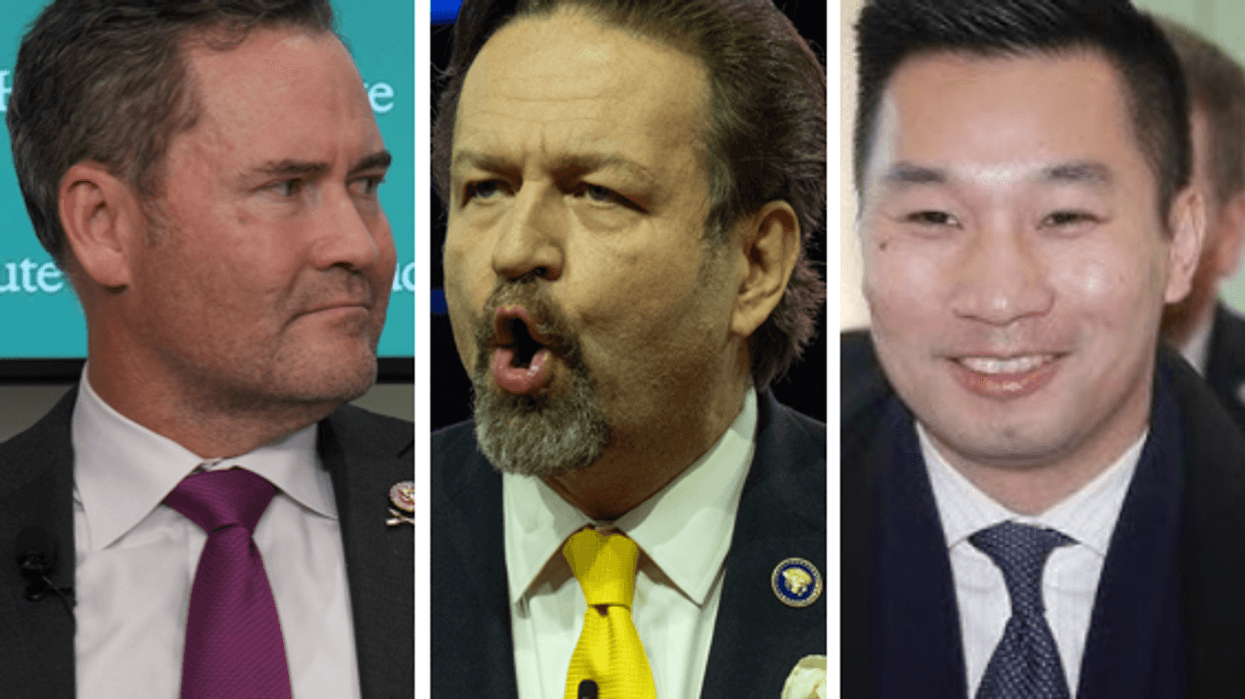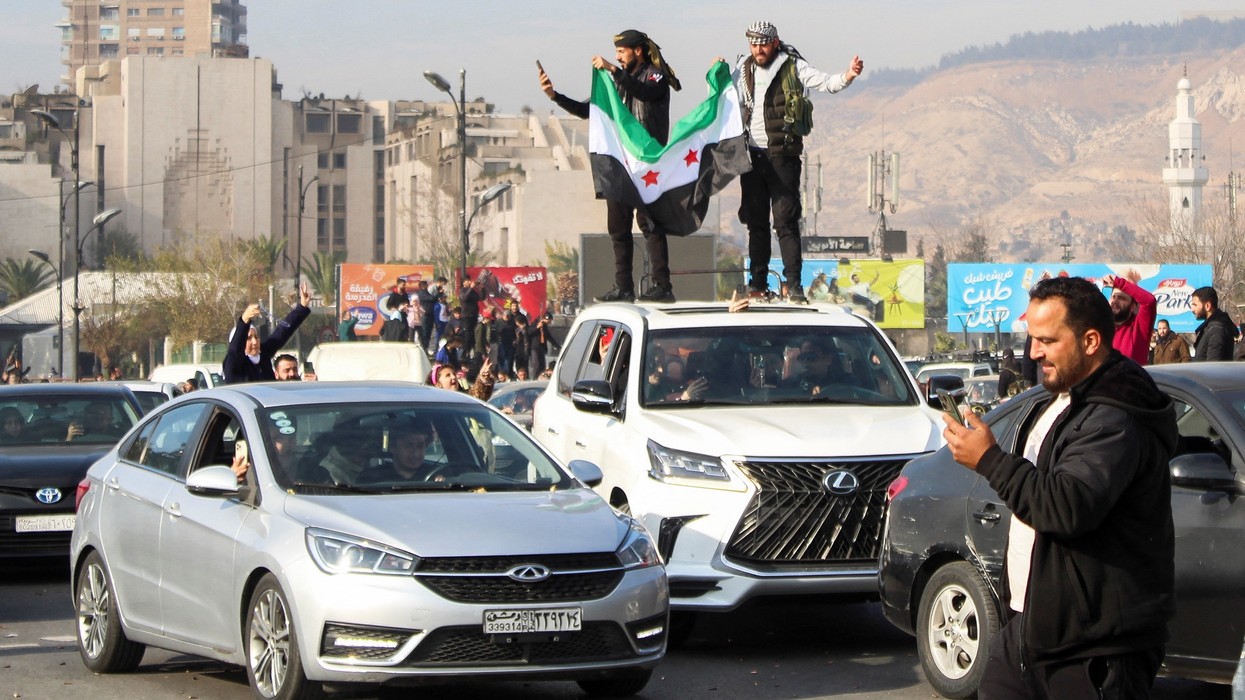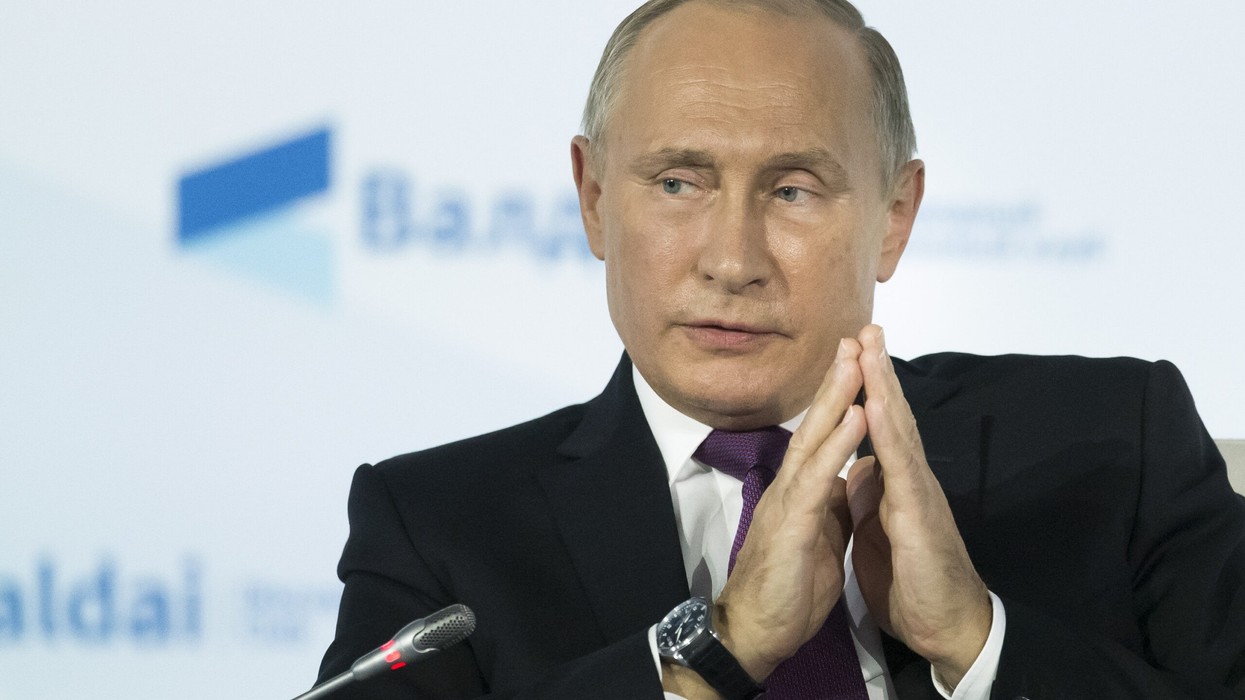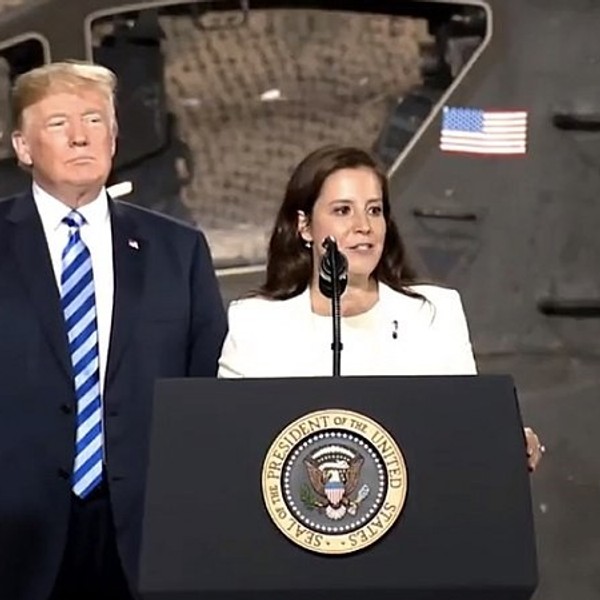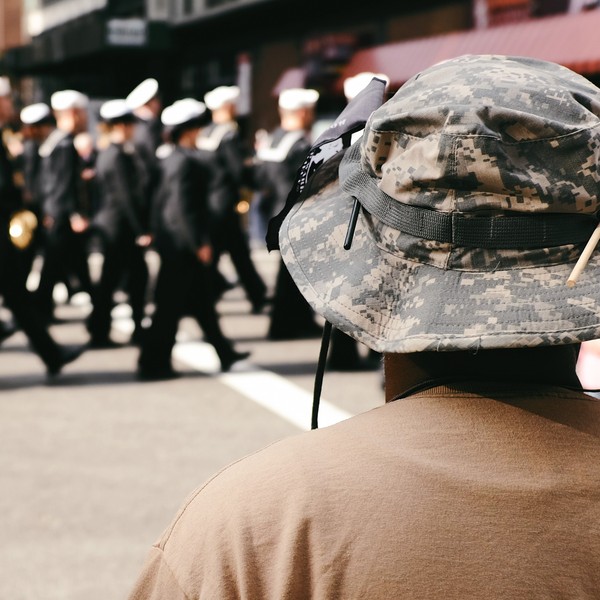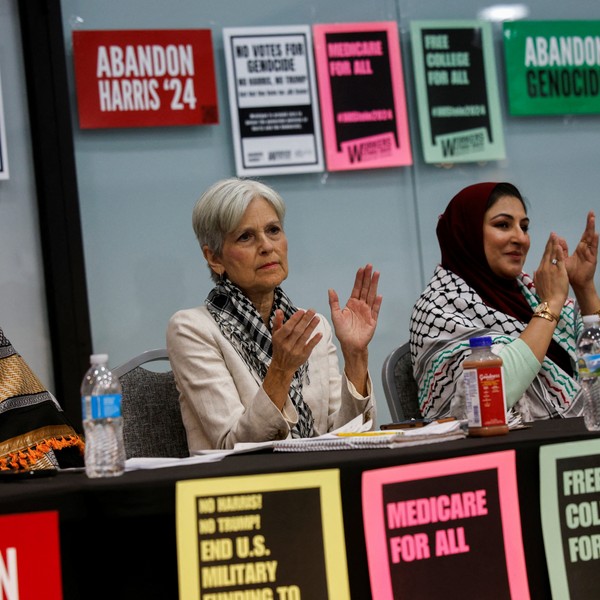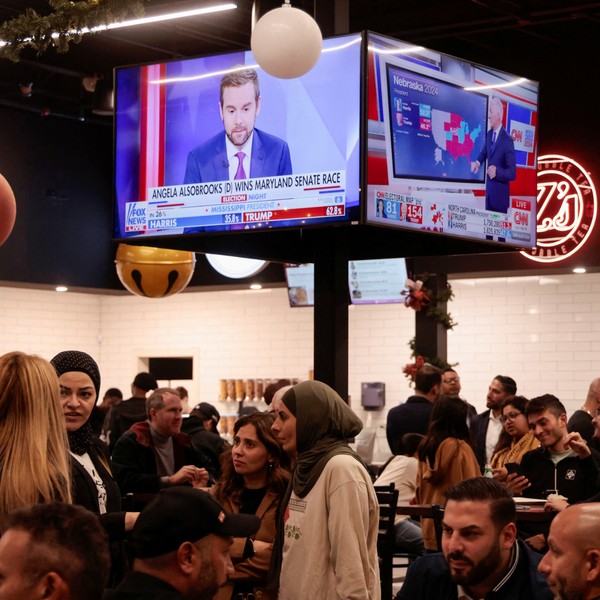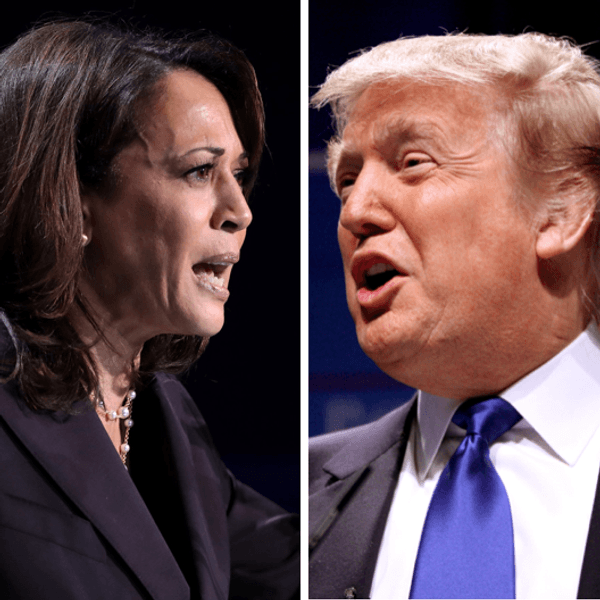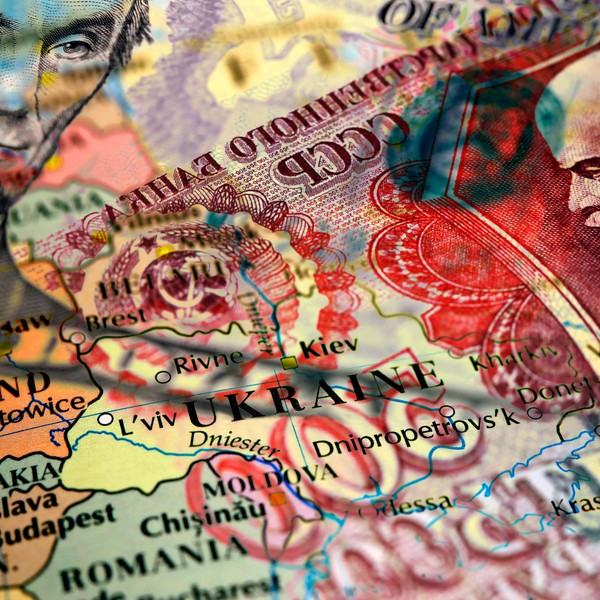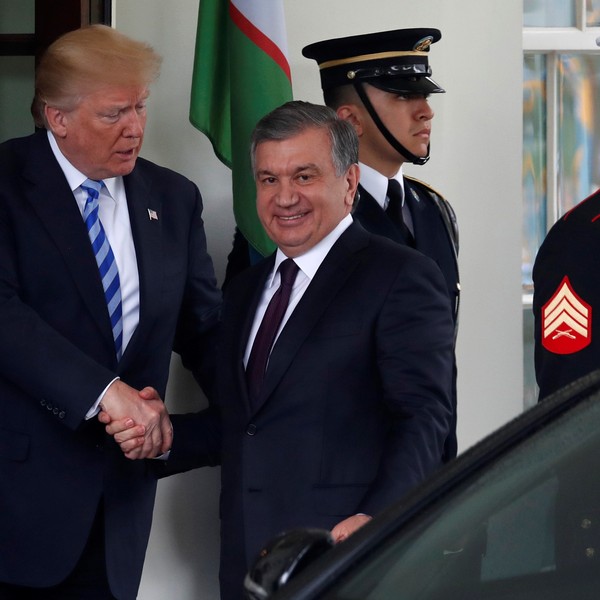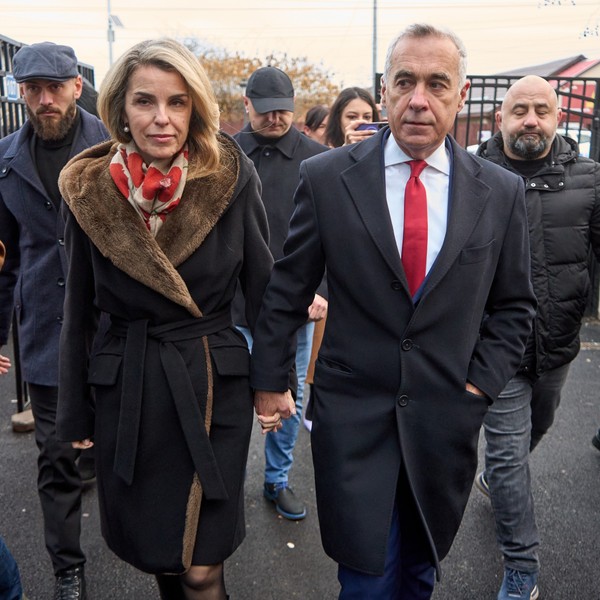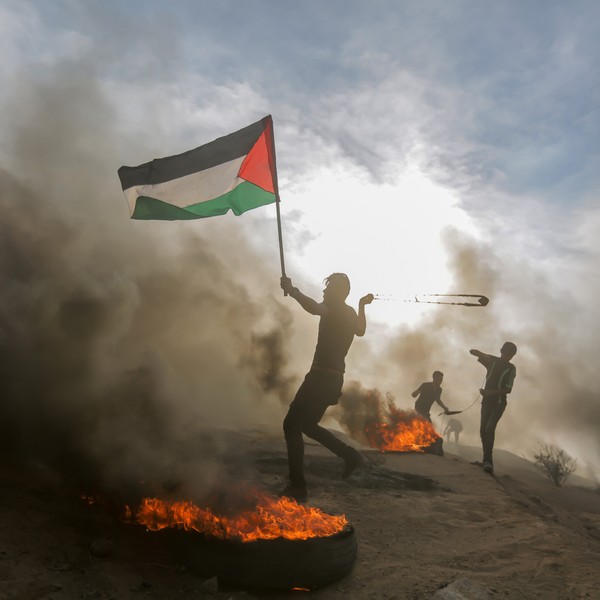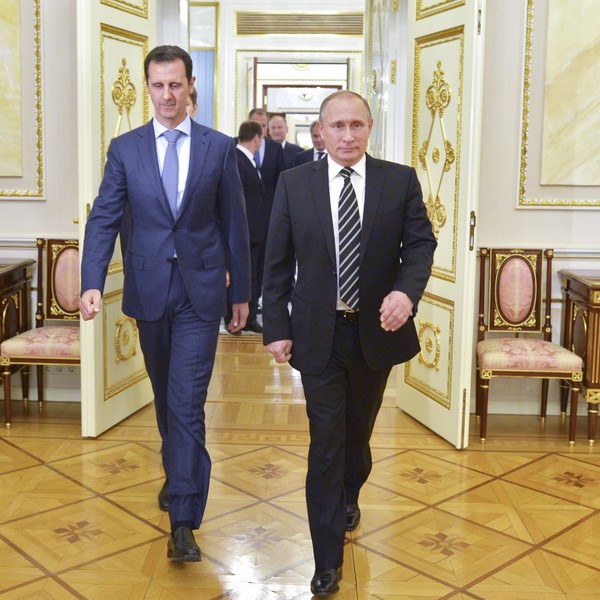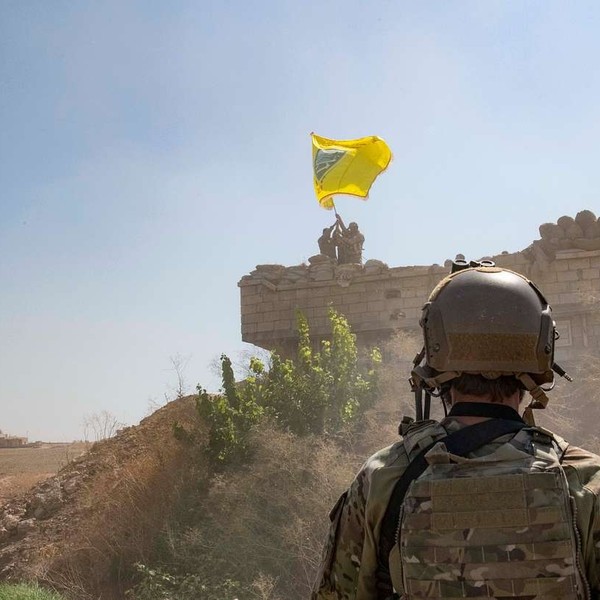Political moderation has won a victory in Iran.
Cardiac surgeon and former health minister Masoud Pezeshkian defeated stalwart conservative Saeed Jalili in a presidential runoff election, by a margin of 16.3 million votes to 13.5 million votes.
Much of Pezeshkian’s platform centered on domestic issues such as loosening strictures regarding female dress. But he also called for engagement with the West in the interest of loosening sanctions against Iran — a contrast with Jalili’s message of self-reliance.
Pezeshkian was the only moderate reformist among the six candidates whom the hardliner-dominated Guardian Council had permitted to run in this election. Speculation will continue over why the council allowed even Pezeshkian to run. Probably it did so to stimulate voter turnout and thereby make the election appear more legitimate than it otherwise would have.
Pezeshkian did attract enough voters who stayed home in the first round — with a 50 percent turnout in the runoff, after only 40 percent voted two weeks before — to offset the supporters of other conservative candidates who endorsed Jalili.
Downplaying by foreign observers of the importance of Iranian presidential elections inevitably begins by observing that the most powerful figure in Iran is not the president but rather the supreme leader, Ali Khamenei. True, but this fact hardly equates to the choice of president being insignificant.
The Iranian president is a power center in his own right and has influence over a wide range of policy. The ideological orientations of past Iranian presidents, which have ranged from hardliner to reformist, have made visible differences in Tehran’s foreign policy.
Simple downplaying also ignores some of Khamenei’s own choices. The most significant product of engagement between the West and Iran in recent years — the 2015 Joint Comprehensive Plan of Action (JCPOA), a.k.a. the Iran nuclear deal — was, on the Iranian end, largely the work of former reformist president Hassan Rouhani and his foreign minister, Mohammad Javad Zarif. But Khamenei went along with what Rouhani and Zarif were doing, even though Khamenei later, after the United States reneged on the agreement, attempted to dissociate himself from the project.
Khamenei has the same interest in improving Iran’s economy with sanctions relief, and because of this the JCPOA was negotiated on his watch.
The ball for any future engagement is now in the West’s court and especially the United States. In deciding how to hit this ball, policymakers in Washington should take advantage of one of the clearest track records of success and failure that makers of foreign policy ever get. In the three years (2015-2018) that the JCPOA was in effect, it met its nonproliferation goal of closing all possible paths to a possible Iranian nuclear weapon, with Iran observing the strict limits on its nuclear program laid out in the agreement.
By contrast, since former president Donald Trump withdrew from the JCPOA in May 2018, the alternative U.S. policy of “maximum pressure” against Iran has failed in all respects. Freed from the JCPOA limits, Tehran has accelerated its nuclear program to the point that it could be just days or a few weeks away from making, if it chose, enough fissile material for a nuclear weapon.
The piling on of sanctions and declaration of economic warfare against Iran did not make Iranian regional policies any more peaceful and probably had the opposite effect. And the discrediting by the U.S. of reformists’ diplomatic efforts increased the power of hardliners in Tehran, with the election to the presidency of Ebrahim Raisi (whose later death in a helicopter crash occasioned the just-completed election of a new president).
For whoever will be in office in Washington, the main political hurdle that must be overcome for any new serious engagement with Iran is the customary mantra — rooted in four-decades-old history, the influence of Israel, and force of habit — that Iran is supposedly the prime mover of instability in the Middle East and is deserving only of isolation and punishment.
Careful attention to politics in Iran and the reasons it took the direction it did with Pezeshkian’s election — including especially the thirst among Iranians for economic improvement and what this implies regarding the need for sanctions relief — will be needed to help overcome this hurdle.
The nuclear issue, especially given the state the Iranian nuclear program has reached since Trump’s blunder of reneging on the JCPOA, is an obvious first priority for renewed engagement. But other issues relating to regional conflict and instability also need to be addressed. This will be challenging as long as Israel continues its assault on the Gaza Strip, given the tensions that have radiated out from that situation and its implications for such topics as Iran’s relations with Hezbollah and Hamas.
Negotiations between the United States and Iran would, however, be congruent with recent efforts by Persian Gulf states to reduce tensions among themselves. These include the restoration of diplomatic relations between Saudi Arabia and Iran and a recent move in the same direction by Bahrain and Iran. Not spoiling these favorable regional atmospherics is all the more reason for the United States to avoid adopting a security agreement with Saudi Arabia that would be read by many, not least of all the Iranians, as part of an anti-Iran military alliance.
Any new engagement between the United States and Iran would not suffer on the Iranian end from the same long learning curve that Raisi’s team exhibited after coming into office in 2021. The principal influence on Pezeshkian regarding foreign policy appears to be Zarif, who as foreign minister had extensive dealings with U.S. interlocutors during negotiation of the JCPOA.
Joe Biden had earlier stated his intention to restore compliance with the JCPOA, but he missed an opportunity to do so through executive action when he first became president. Once in office, he instead talked about negotiating a new deal, Iran countered by making its own new demands, and no agreement was reached.
Given President Biden’s political and other challenges he faces during the final six months of his term, it may be unrealistic to expect much new action on policy toward Iran during this period.
Recent past history suggests that constructive engagement with Iran would be more likely with a Democrat rather than Trump in the White House beginning in January 2025. But it cannot be ruled out that Trump as president may see an opportunity to score political points through negotiation. Somewhat similar to what he did with the North American Free Trade Agreement during his first term, he might claim to strike a “better deal” with Iran than Obama did and better than the no deal that Biden produced.
Much of Iranian policy in the Middle East has been reactive, with destructive tit-for-tats in response to what other states have done to Iran. In the wake of Pezeshkian’s unexpected election, the United States now has an opportunity to react in a constructive way and advance the cause of greater stability in the Middle East.

